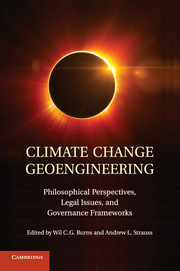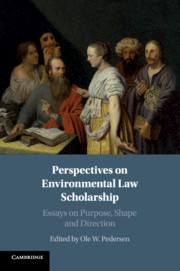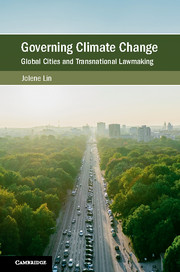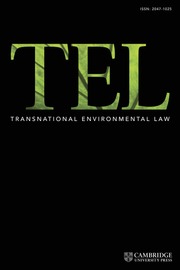Climate Change Geoengineering
The international community is not taking the action necessary to avert dangerous increases in greenhouse gases. Facing a potentially bleak future, the question that confronts humanity is whether the best of bad alternatives may be to counter global warming through human-engineered climate interventions. In this book, eleven prominent authorities on climate change consider the legal, policy and philosophical issues presented by geoengineering. The book asks: when, if ever, are decisions to embark on potentially risky climate modification projects justified? If such decisions can be justified, in a world without a central governing authority, who should authorize such projects and by what moral and legal right? If states or private actors undertake geoengineering ventures absent the blessing of the international community, what recourse do the rest of us have?
- Offers diverse perspectives from leading environmentalists, international lawyers and students of ethics and climate change
- Provides a specialized case study on the problems of globalization
- Gives a number of very salient explorations of the role of international law and institutions in the governance of technology
Product details
July 2015Paperback
9781107502635
328 pages
229 × 152 × 18 mm
0.44kg
Available
Table of Contents
- Part I. Ethics and Philosophy:
- 1. Ethics, geoengineering and moral schizophrenia: what's the question? Stephen M. Gardiner
- 2. The ethical foundations of climate engineering Clive Hamilton
- 3. The psychological costs of geoengineering: why it may be hard to accept even if it works Gareth Davies
- Part II. Law and Governance:
- 4. Geoengineering and climate management: from marginality to inevitability Jay Michaelson
- 5. Climate engineering and the anthropocene era Lee Lane
- 6. Political legitimacy in decisions about experiments in solar radiation management David R. Morrow, Robert E. Kopp and Michael Oppenheimer
- 7. Geoengineering and the myth of unilateralism: pressures and prospects for international cooperation Joshua B. Horton
- 8. International legal regimes and principles relevant to geoengineering Albert C. Lin
- 9. Climate geoengineering: solar radiation management and its implications for intergenerational equity William C. G. Burns
- 10. Ocean iron fertilization: science, law, and uncertainty Randall S. Abate
- 11. Ocean iron fertilization: time to lift the research taboo Kerstin Güssow, Andreas Oschlies, Alexander Proelss, Katrin Rehdanz and Wilfried Rickels
- 12. Remaking the world to save it: applying US environmental laws to climate engineering projects Tracy Hester.








